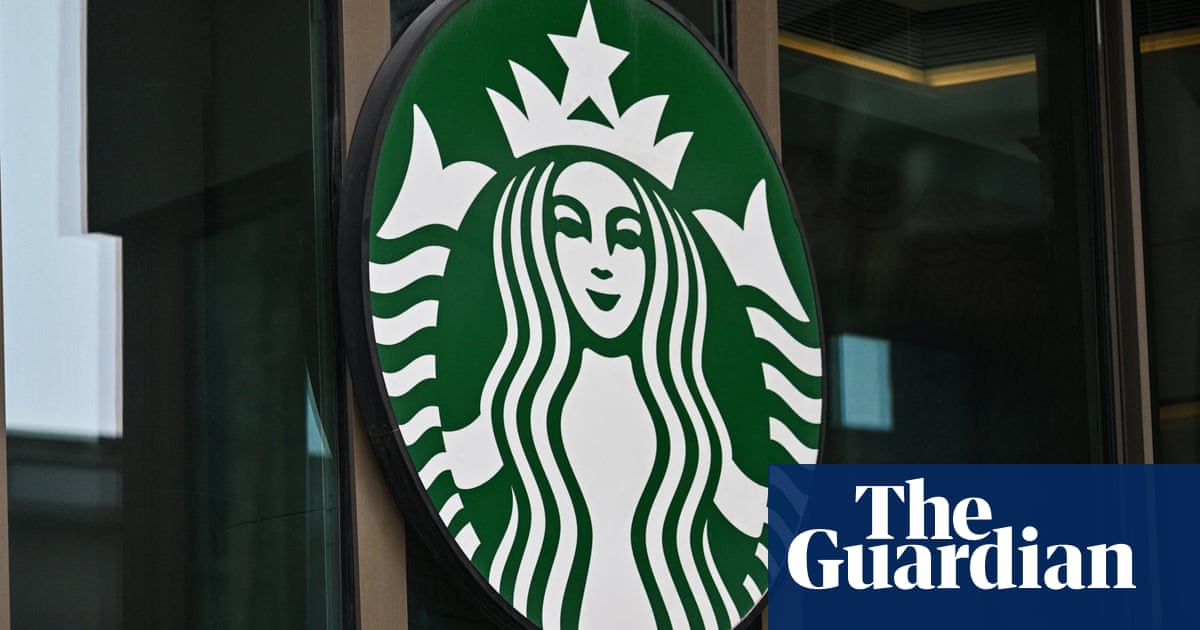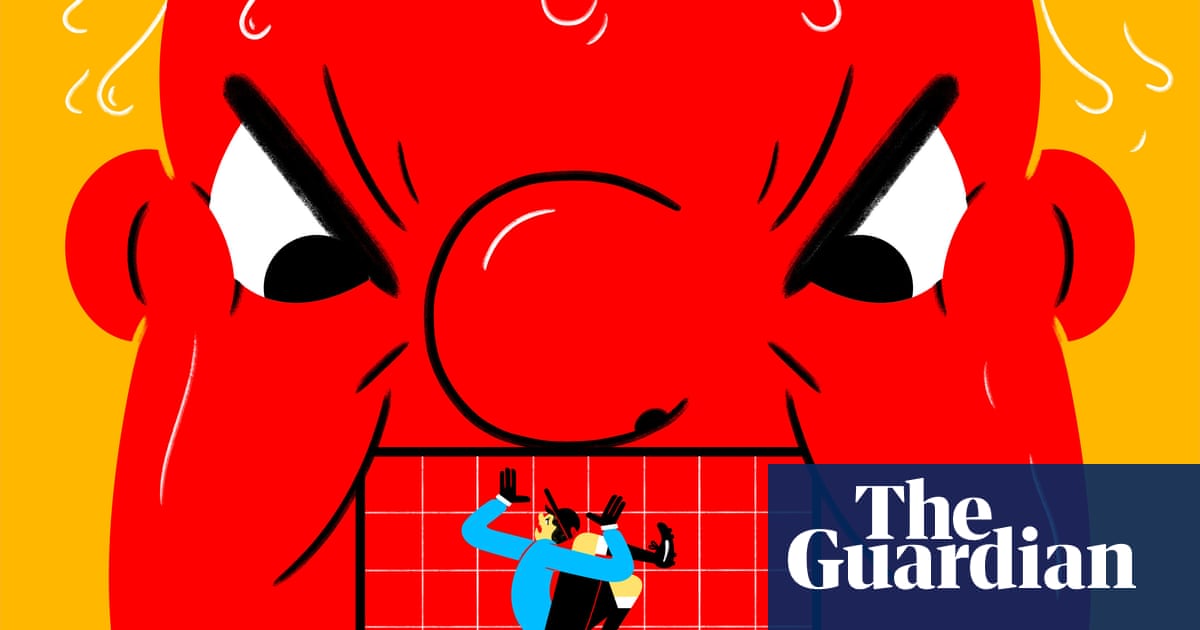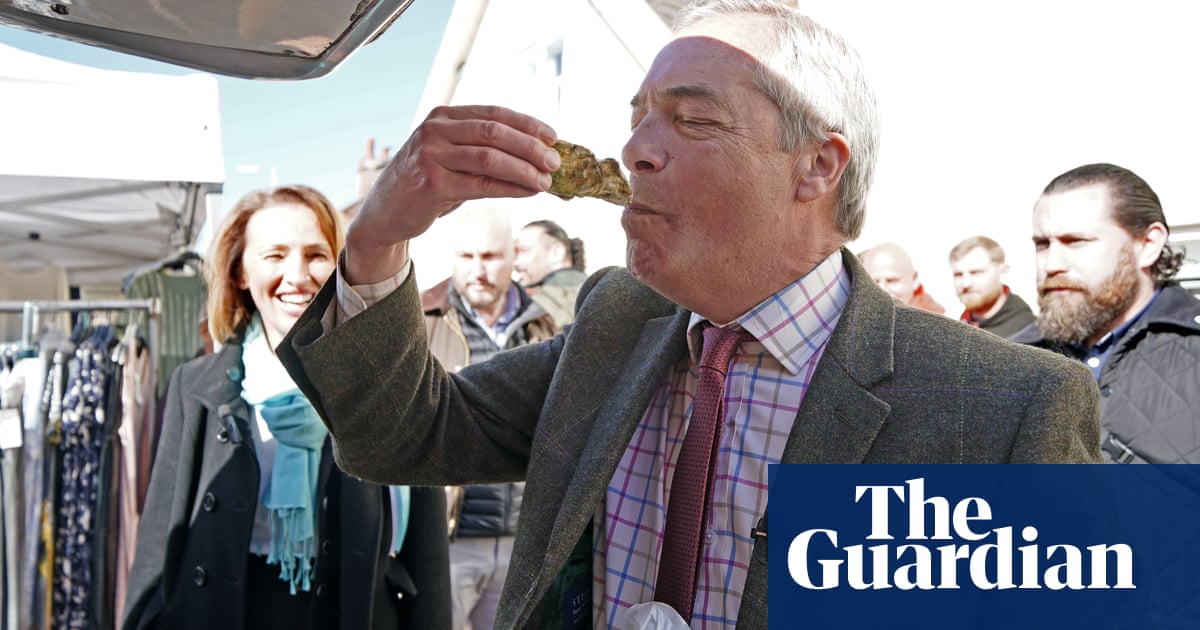Nigel Farage is making trouble again. Reform, his latest political vehicle, has surged in the polls, moving into first place with some pollsters, and ruffling feathers on Labour back benches.
While Farage has caused headaches for every prime minister since David Cameron, his recent rise is something new. Reform scored an average of almost 25% in January polls, past the peaks achieved by Ukip or the Brexit party in earlier parliaments. And while past Farage surges were spikes driven by circumstances – European parliament elections, the EU referendum, the collapse of Theresa May’s government – the current rise is more sustained. This Farage boom is no bubble.
Something else is new. While earlier Farage parties lagged well behind the traditional parties of government, the current polls show a three-way tie between Reform, Labour and the Conservatives, all on roughly 25%, with the final quarter of the vote going to smaller left and liberal parties.
The electoral scene is more fragmented than ever, and this fragmentation has dramatically increased Reform’s disruptive capacity.
Neither Ukip nor the Brexit party were credible local threats in many seats, but the current splintered polling takes us into the zone of maximum electoral chaos where Farage is one threat among many, and even small fluctuations in support could have dramatic effects.
The Farage threat is strategic for Labour, but for the Conservatives it is existential. Seven months on from their worst-ever general election result, the Tories are still going backwards. In the latest Opinium poll, the Conservatives lose one in six of their 2024 voters to Reform, while one in three of their 2019 supporters now back Farage’s party.
Recovery in opposition will depend on convincing unhappy voters that the Conservatives are the only credible alternative. But every Reform poll lead brings us closer to the point where Farage can turn the tables, convincing discontented voters that Reform UK is the most viable opposition contender, and engineering a further, and perhaps terminal, Tory decline.
While Reform clearly hit the Tories hardest nationally, Farage’s overall impact on the electoral map is messier and harder to gauge. With voters more splintered than ever, national polling becomes unreliable as even a rough guide to first-past-the-post contests where local dynamics could tip the balance in hundreds of seats.
As Labour showed us last July, where you win matters more than how many you win. If patterns of support remain constant, then geography still favours Labour and the Conservatives, and hampers Reform, when all three parties are polling in the 20s. But it would be a brave strategist indeed who assumed such stability in today’s volatile context.
How voters understand and respond to changing local conditions is now the central question for every party. Tactical co-ordination among Conservative and Reform voters would drastically amplify the electoral threat to Labour and the Liberal Democrats. But a Tory push into radical right terrain could make them unacceptable to otherwise winnable liberal professional voters, with the spectre of Farage boosting anti-Conservative local campaigns.
If Reform’s rise continues, incumbents from all the mainstream parties could make gains if the large cohort of voters who strongly oppose Farage become willing to back whoever can stop his local candidate. Such local dynamics are hard to predict from national polls, because they involve changes which only emerge once an election is close and voters’ minds turn to the local contest.
after newsletter promotion
Election day is a long way off yet, but the Labour MPs representing the 89 seats where Farage’s party came second last July are already worried about how that local dynamic is going to play out. And it is these MPs who are, understandably, making the most noise about the need for a Labour response to the threat posed by Farage and Reform.
But wooing back Reform voters with red meat on Farage’s favourite issues is a strategy with low prospects of success and high risks. This is an alienated voter group, with little affection and less trust for the Labour government, and a strong preference for Reform on issues such as immigration.
A knee-jerk response to Reform also squanders one of the great advantages of government: the power to set the agenda. Labour won last summer with a ruthless focus on issues which united a broad coalition – growth, public services and the cost of living. Focusing instead on issues which divide Labour and play to Farage’s strengths is not a great strategy.
Chasing Reform also puts at risk the large cohort of voters floating between Labour and the cluster of parties – Liberal Democrats, the SNP, the Greens – on its liberal left flank. Starmer’s relentless focus on socially conservative, Brexit-friendly “hero voters” eroded Labour’s appeal with this group, but the overriding urge to evict the Tories kept them on board last July.
Now Labour’s hold on its progressive flank is slipping: while three in 10 Labour voters would consider a Reform vote, over four in 10 are thinking about the Lib Dems or Greens. A populist Labour campaign for Reform votes may be the last straw for many in this socially liberal, viscerally anti-Farage group, putting at risk hundreds of marginal seats where Reform is out of the running, but where Labour needs a united progressive front to prevail next time.
Labour’s electoral Jenga tower is already wobbling. A firm push to the right could instead bring it crashing down on the left.

.png) 2 months ago
23
2 months ago
23













































